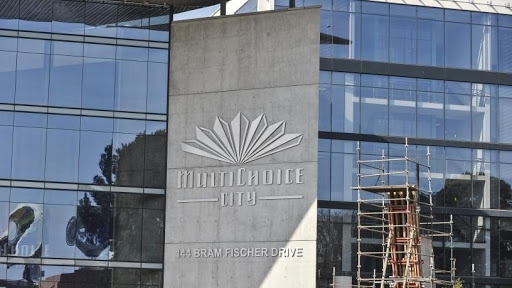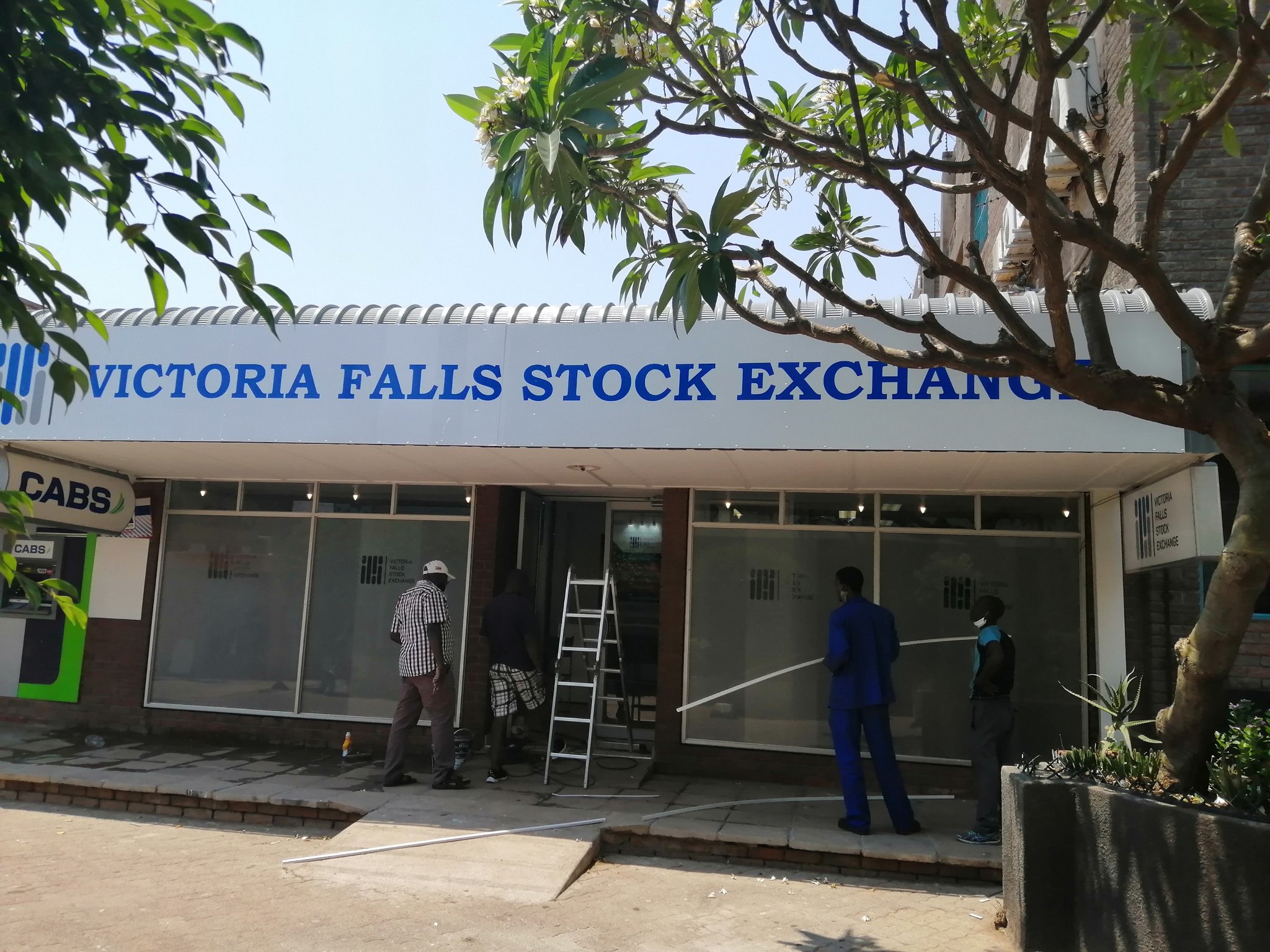Authorities challenged to control price distortions
AUTHORITIES must step up measures to address price distortions in the economy arising from the dual currency environment, as the disparities are negatively affecting the country’s competitiveness.
Price distortions in the Zimbabwean economy have resulted from the widening gap between the official and open market exchange rate, which is driving price increases.
Many businesses are now pricing their commodities in US dollars at the parallel market exchange rates for all payments in RTGS or bank transfers, putting products and services beyond the reach of many.
The distortions in the market are negatively affecting the country’s competitiveness when compared to its regional peers, business leaders said this week.
Statutory Instrument 127 introduced last year and penalises violation of foreign exchange rules in pricing has not yielded the full desired results, as market indiscipline persists.
Competitiveness is the ability of an organisation or country to produce and sell products and services at the same or lower prices and maximize returns on the resources consumed in producing them.
Zimbabwe currently ranks 127 on the World Bank’s global competitiveness index and a myriad of issues have been identified as the contributing factors Speaking during the National Competitiveness Commission (NCC) seminar in Harare yesterday, Zimbabwe National Chamber of Commerce (ZNCC) chief executive officer, Christopher Mugaga suggested that there was a need to have a single transaction
currency to avoid pricing distortions in the local economy.
“The major issue we need to agree on is how we can have the mono currency on this market, I would like to believe the dual currency status we are having is a driver of distortion on its own, we have two major currencies that are competing against each other on this market, with the US dollar highly on demand.
“So with the currency dynamics we are having in the country naturally that is a very fertile ground for the distortions, so the long-term sustainable means to address that is to find a reliable, clear currency.
“I think basically that is what we need to do, without even going down to the use of interest rates or wishing for exchange rate convergence and all other factors we continue to debate on,” said Mr Mugaga.
Weighing on the issue, Small to Medium Enterprises Association of Zimbabwe (SMEAZ) chief executive officer, Farai Mutambanengwe, indicated how a stable currency would greatly improve the local business environment which he said would advance the local economy’s competitiveness.
He added that a number of factors needed to be dealt with to come up with competitive pricing in the country, which would significantly contribute to the upward mobility of the local business environment.
“If we have a stable currency, even issues around productivity will be automatically impacted on, SME’s the first thing we need is a stable environment and the RBZ has been making concrete steps towards that direction.
“Operational costs remain high, our utilities are not so reliable it is such things which militate against the ease of doing business and competitiveness in the country, those are some of the few things we say if we can tweak policy environment and make it easier we will go a long way,” said Mr Mutambanengwe.
NCC executive director, Phillip Phiri emphasised the urgency for digital transformation so that the country conforms to digital shifts necessitated by the Covid-19 pandemic. He indicated how the fourth industrial revolution (4IR) now dominated all major facets of governance and economies worldwide.
“Digital transformation is a great stride in the global economy because it is transforming economies and also advancing innovation and competitiveness in countries, technology is now important in the operation of governments and enhancement of productivity in the industry, especially under the Covid-19 induced environment.
“We cannot divorce digital transformation of our government, industries in the achievement of vision 2030, National Development Strategy 1 even calls for collaboration, especially in the digital transformation and innovation area.
“As such, digital transformation becomes a key part of the economy, despite the notable progress that we have seen in Zimbabwe towards digital transformation there is still room for us to improve as we move more towards competitiveness as a nation,” said Mr Phiri.
NCC’s mandate includes developing periodic competitiveness frameworks for enhancing Zimbabwe’s global competitiveness and conducting international benchmarking.
It is designed to facilitate the creation of a competitive environment for Zimbabwean business and mainly deals with reviewing evolving sector-specific strategies, existing and new business regulations, and cost drivers analysis.
It also researches and does policy analysis on impediments to competitiveness and as well provides recommendations for the same.-The Herald









